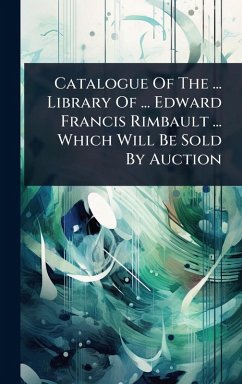
Edward Goll: A Light in Dark Times
The Musical Contribution of Pianist Edward Goll During the First World War
Versandkostenfrei!
Versandfertig in 6-10 Tagen
39,99 €
inkl. MwSt.

PAYBACK Punkte
20 °P sammeln!
Pianist Edward Goll (1884-1949) began his career in Europe in the late nineteenth century and was soon established as one of the finest pianists of his generation. So feted was his playing that he was brought before royalty as a young boy, playing daily before the Queen of Roumania who bestowed upon him honours and jewels. Illness, romance and the outbreak of the First World War brought about a turn of events which was to change his life forever, bringing the great maestro, the toast of the concert halls of Europe and European royalty, to the shores of an unsuspecting post-colonial Australia. ...
Pianist Edward Goll (1884-1949) began his career in Europe in the late nineteenth century and was soon established as one of the finest pianists of his generation. So feted was his playing that he was brought before royalty as a young boy, playing daily before the Queen of Roumania who bestowed upon him honours and jewels. Illness, romance and the outbreak of the First World War brought about a turn of events which was to change his life forever, bringing the great maestro, the toast of the concert halls of Europe and European royalty, to the shores of an unsuspecting post-colonial Australia. Edward Goll brought with him his artistry, the rich tradition that he had inherited from the great Franz Liszt, to the budding musical scene of Melbourne. In Australia, his name became legendary for his musical contribution. In the dark times of World War I his immensely popular concerts brought light and comfort, yet immigrating from the Austro-Hungarian Empire, Edward Goll also became a target of xenophobia in the hysteria of one of the bleakest periods in Australia's history.












